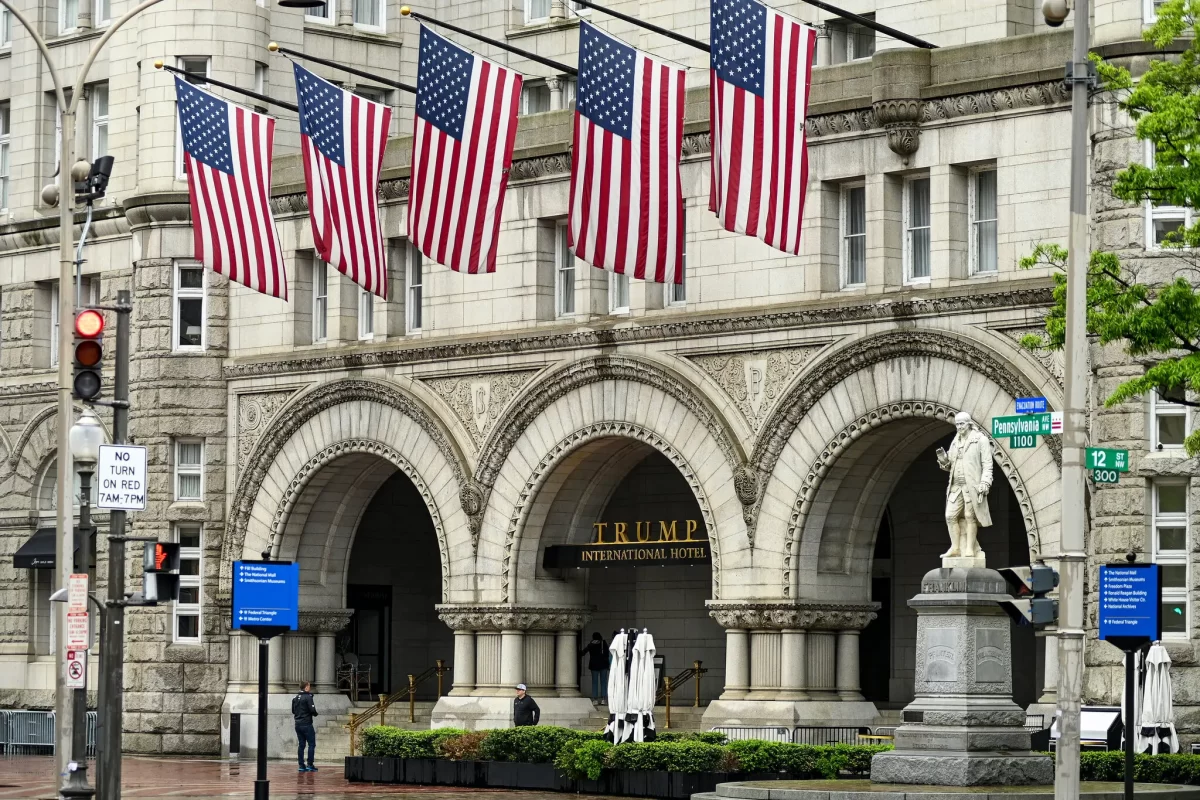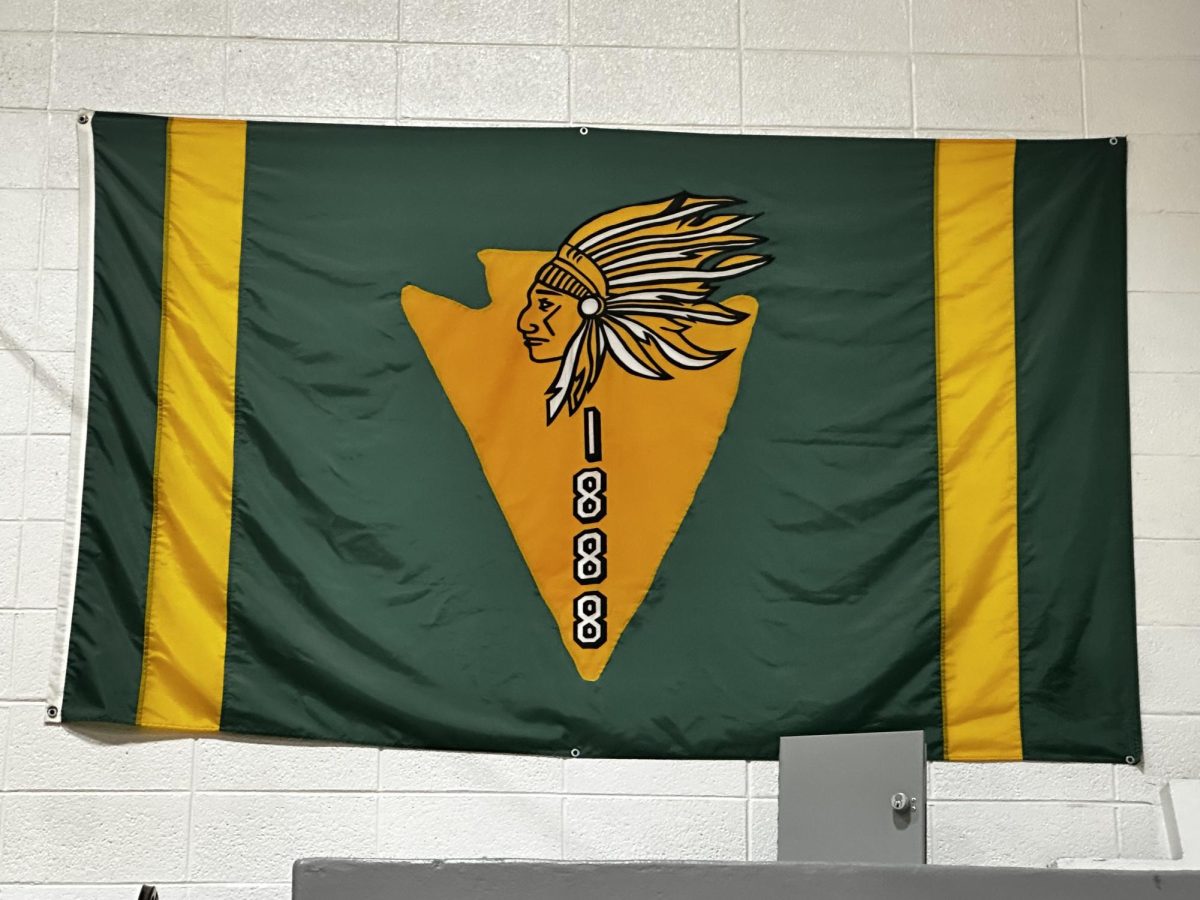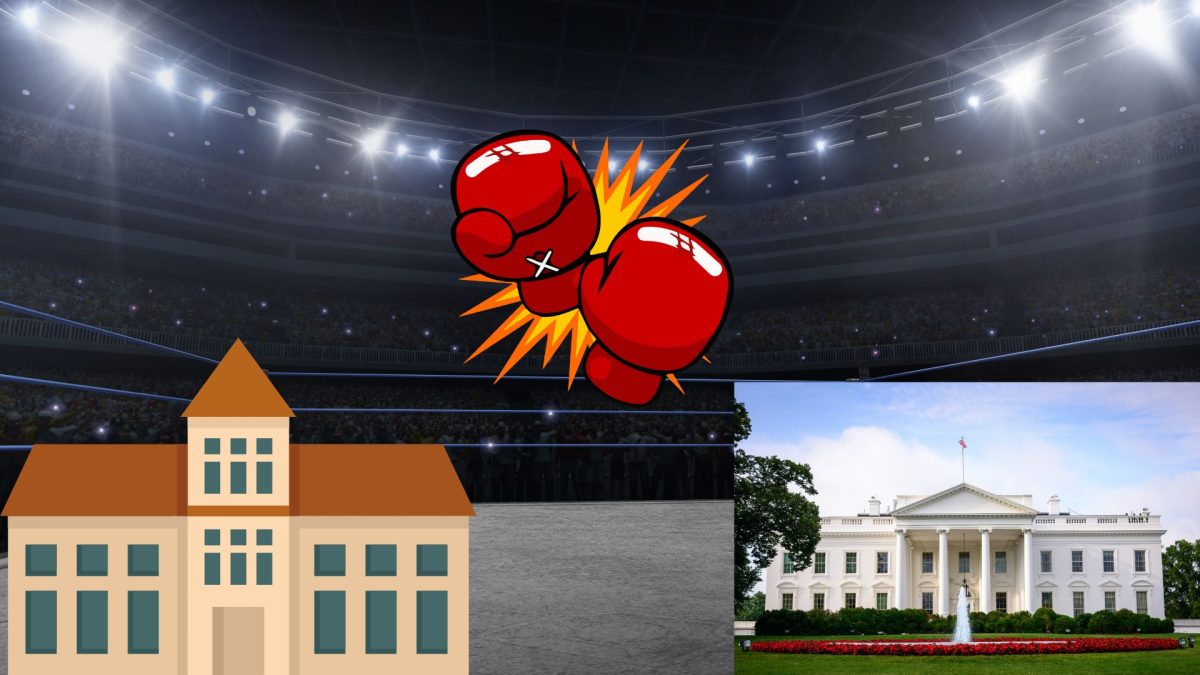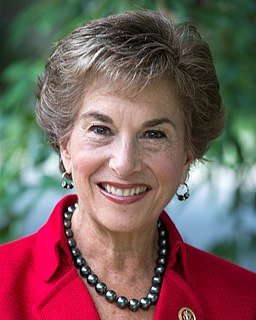Former President Donald Trump must pay $83.3 million in damages for defamatory statements he made denying he sexually assaulted the writer E. Jean Carroll, a federal jury ruled on Jan. 26, handing down a stunning verdict after less than three hours of deliberation.
The jury’s decision to award $83.3 million to E. Jean Carroll came at an inopportune moment for the former president, who might soon face another large penalty from a civil fraud case brought by the New York attorney general, Letitia James. Trump and his family business are bracing for the judge in that case to impose a punishment in the coming weeks that could reach hundreds of millions of dollars.
Together, the judgments might deliver a punishing one-two punch to the former president, a financial threat unlike any he has experienced in decades.
On Dec. 29, 2023, Steven Cohen was the onetime fixer for Trump. Mistakenly, he gave Trump’s lawyer fake legal citations concuted by the AI program Google Bard.
Steven M. Cohen, a former federal prosecutor and top official in the attorney general’s office who now teaches corporation law at New York Law School, talks about the future of Trump’s enterprise as a result of his legal troubles.
“The enterprise that is Trump isn’t going to be taken down by a bunch of criminal cases,” Cohen said. “The enterprise that is Trump is going to be picked apart by these civil cases, and at some point there is a risk of collapse.”
The verdict for Carroll, a writer whom Trump defamed, infuriated the former president, who called it “absolutely ridiculous!”
Hefty legal costs are not a new reality for the infamously litigious Trump, but never before has the tally been so high.
He has been using a political action committee, originally seeded with donations raised from his false claims of widespread fraud in the 2020 election, to pay the bulk of his and some witnesses’ legal fees in the criminal cases against him. But while some campaign finance experts think he could use it to help fund the Carroll judgment, it could only cover a fraction of the amount the jury set.
That leaves Trump with the prospect of having to dig into his own pocket to pay Carroll and the State of New York.
People close to Trump, who requested anonymity to discuss his financial situation, insist he has the money to cover the two major payouts. And in a deposition last year for James’s case, Trump stated that he had $400 million in cash available.
And his most recent financial disclosure, which he is required to submit as a presidential candidate, contains ranges rather than specific figures.
Still, the publicly available records and interviews with people knowledgeable about his finances offer a snapshot that suggests that Trump has more than enough cash, or investments in the financial markets that can be converted into cash, to cover the $83.3 million he now owes Carroll.
The attorney general’s potential penalty could be a different story.
James is seeking $370 million. The judge, Arthur F. Engoron, has appeared sympathetic to her case throughout the monthslong trial.
If Trump suddenly owes hundreds of millions of dollars, he might have to sell much of his investment portfolio or other assets. When Trump was entering the White House, Allen H. Weisselberg, his longtime chief financial officer, prepared a memo showing that the Trump Organization was running low on cash. It had $60 million, which included more than $26 million tied up in a partnership he could not touch.
During much of his presidency, the annual financial statements Trump’s company submitted to his lenders showed that he had anywhere from $75 million to $93 million in cash and “cash equivalents,” depending on the year.
The outcome of Trump’s defamation case will ultimately hinge on the presentation of evidence, legal arguments, and the interpretation of relevant laws by the court. The resolution of this case will set a precedent for the intersection of free speech, public figures, and defamation claims, emphasizing the significance of robust legal scrutiny in navigating such complex and contentious matters. As the judicial process unfolds, it will provide insights into the evolving landscape of defamation law and its implications for public figures in the realm of contemporary political discourse.









